What is ADHD?
Attention Deficit Hyperactivity Disorder(ADHD) is a neurodevelopmental disorder characterized by Inattention, Hyperactivity, and Impulsivity. It is usually thought of as a disorder in children, ignoring that more than 60% of children with ADHD continue to have the symptoms well into adulthood. The symptoms which usually characterize ADHD are present but in a different form into adulthood. Inattention, Hyperactivity, and Impulsivity which are the core symptom dimensions of ADHD, continue to interfere with work to a variable degree.

How is a diagnosis of Adult ADHD made?
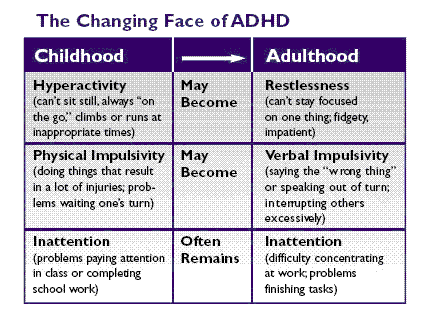
Though there are multiple scales to rate current behavior and symptoms from childhood, clinical interviews by a professional regarding the symptoms and impairments in other domains of life at home, work, and interpersonal relationships are assessed. It is important to pay attention to family history as ADHD has a strong genetic basis. ADHD is associated with other comorbidities in up to 80 percent of those with ADHD over the life span the common ones being Dysthymia, Depression, Bipolar Disorder, Anxiety Disorder, Smoking , Alcoholism and other substance use disorder. so it is important to get a thorough history to address these comorbidities which will help in figuring out the right treatment plan.
Rating Scales for ADHD :
Wender Utah Rating Scale
Conners Adult ADHD Rating Scale
Barkley’s Current Symptoms Scale
You can also use our free Easy Adult ADHD Screener
Treatment :
Treatment of ADHD comprises of both pharmacological treatment and non-pharmacological treatments.
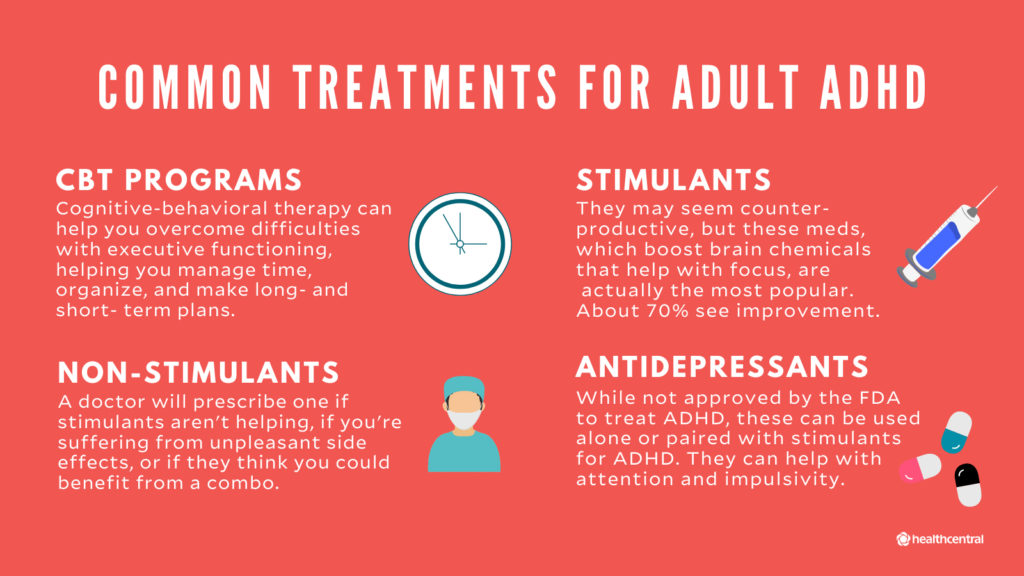
Pharmacological Treatment :
The commonly used medications are Methylphenidate and Atomoxetine. There is some evidenc eto support the use of other medications like clonidine, guanfacine, tricyclic antidepresssants on a case to case basis.
Methylphendate is a regulated drug so its availability is limited requires diligent record keeping by ht medical practitioner and the dispensing pharmacy.
Non-pharmacological Interventions:
Exercise , Decluttering, Chunking and using external cues to dictate behavior rather than relying on mental list and planning helps individuals with ADHD. As theseinterventions are customised based on the symptoms dimensions, interaction with a qualified therapist will be more effective.
Looking for Online Consulation with an Expert ?
Contact :
Dr.Srinivas Rajkumar T
M.D (Psychiatry) ( AIIMS, New Delhi)
Award winning ADHD researcher.
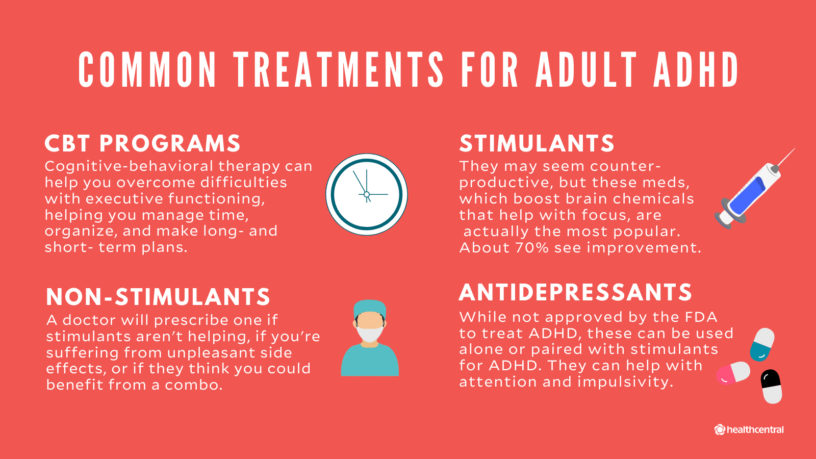
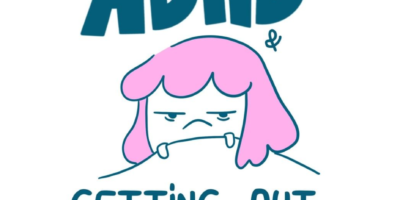
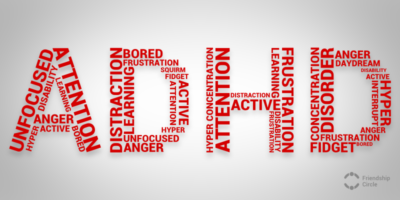

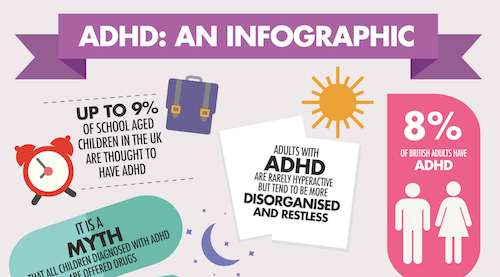
Leave a Reply